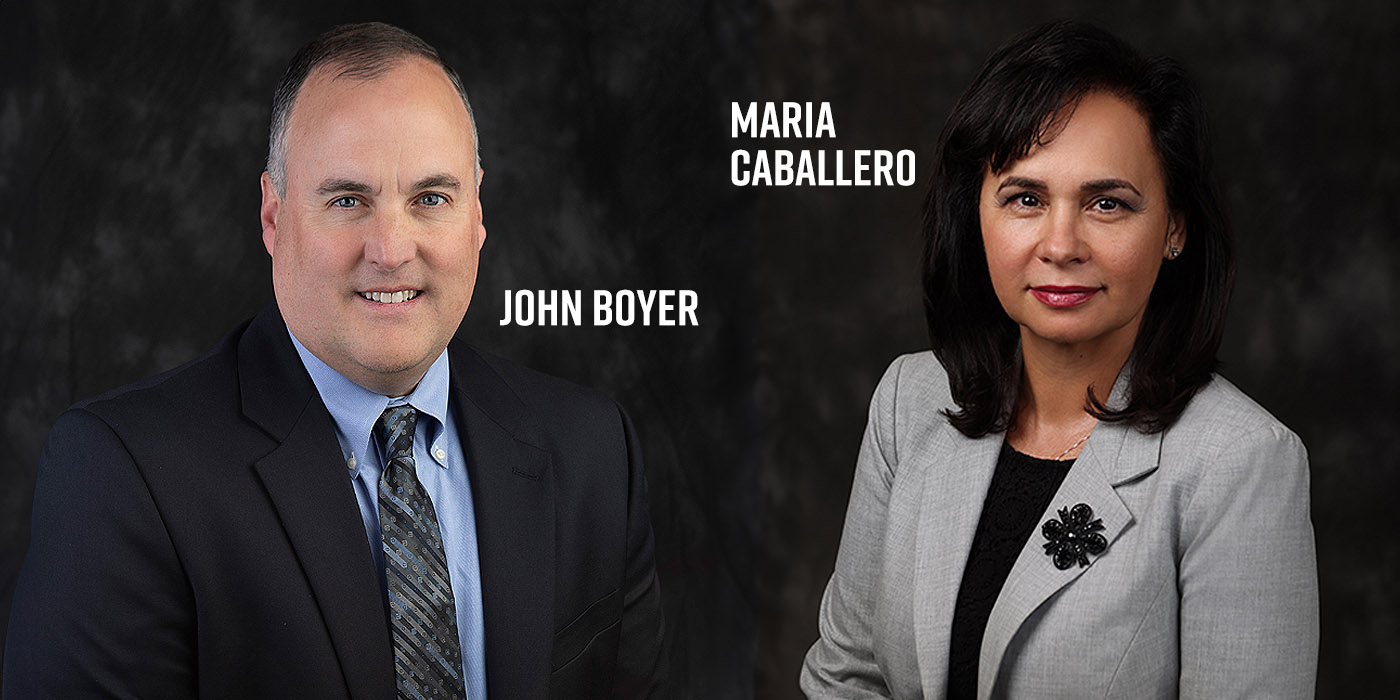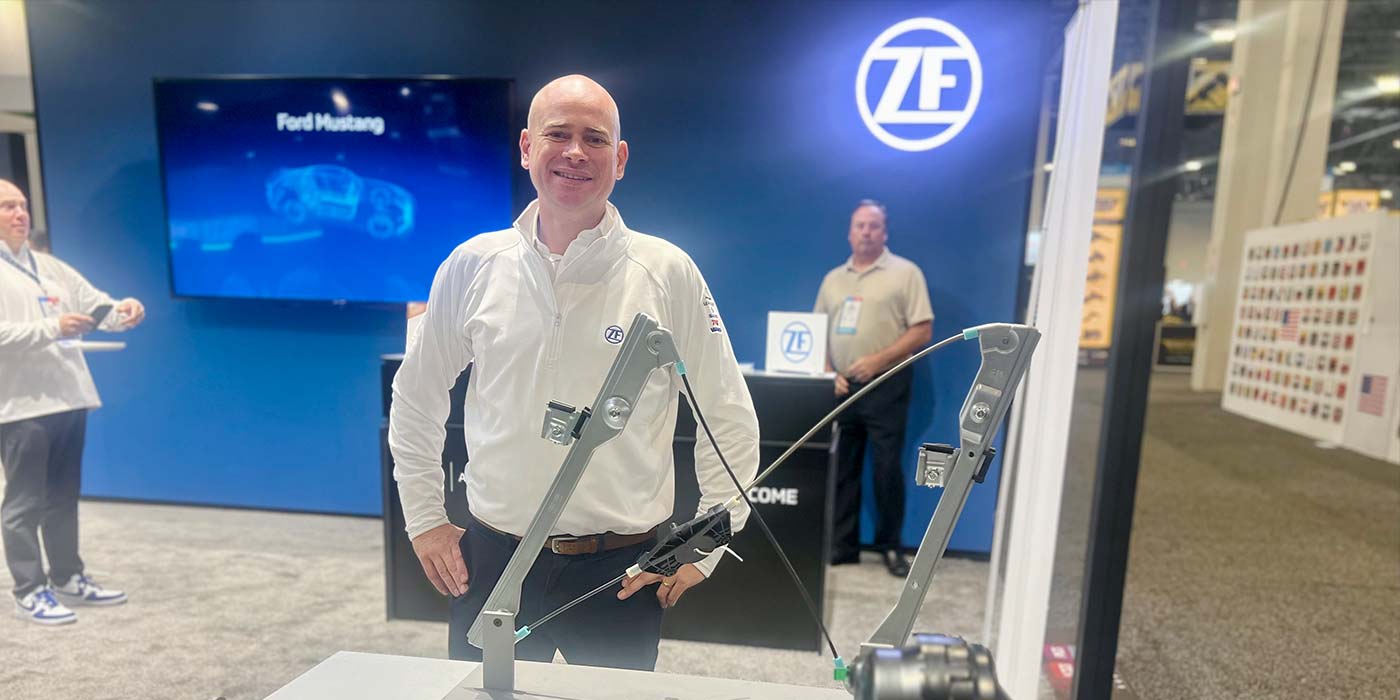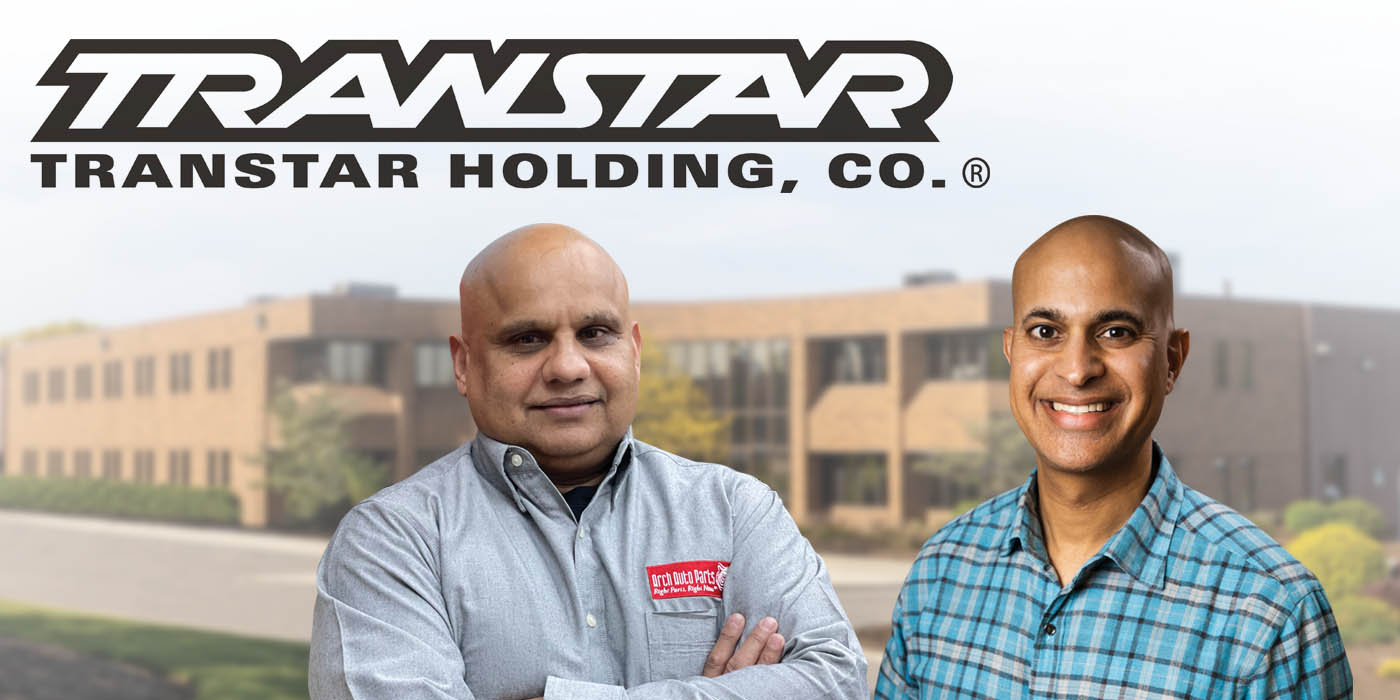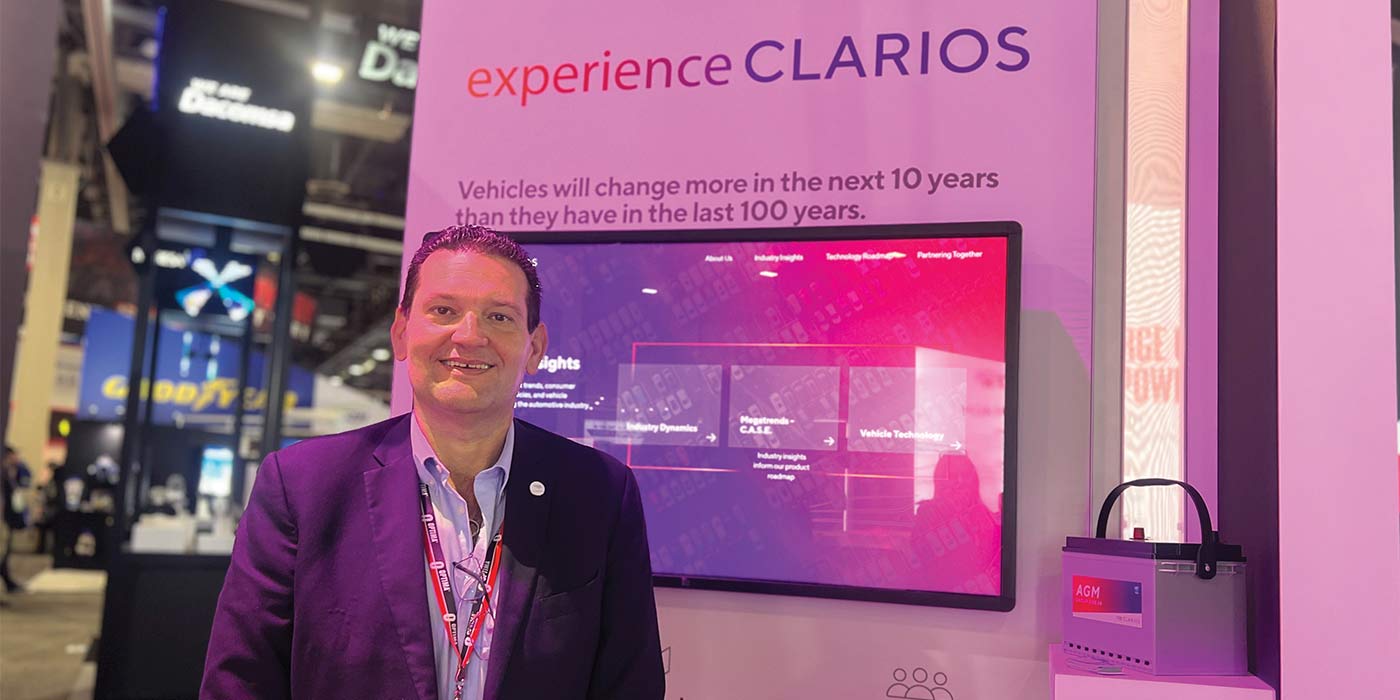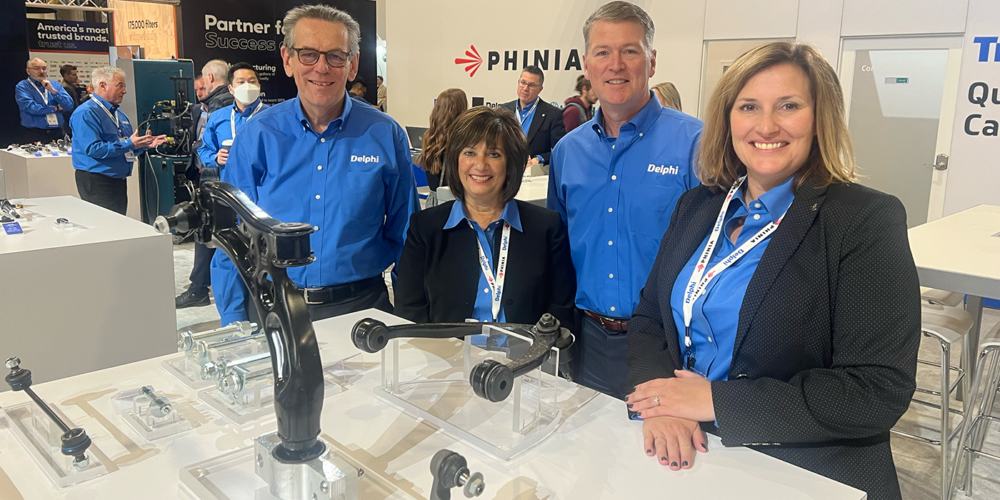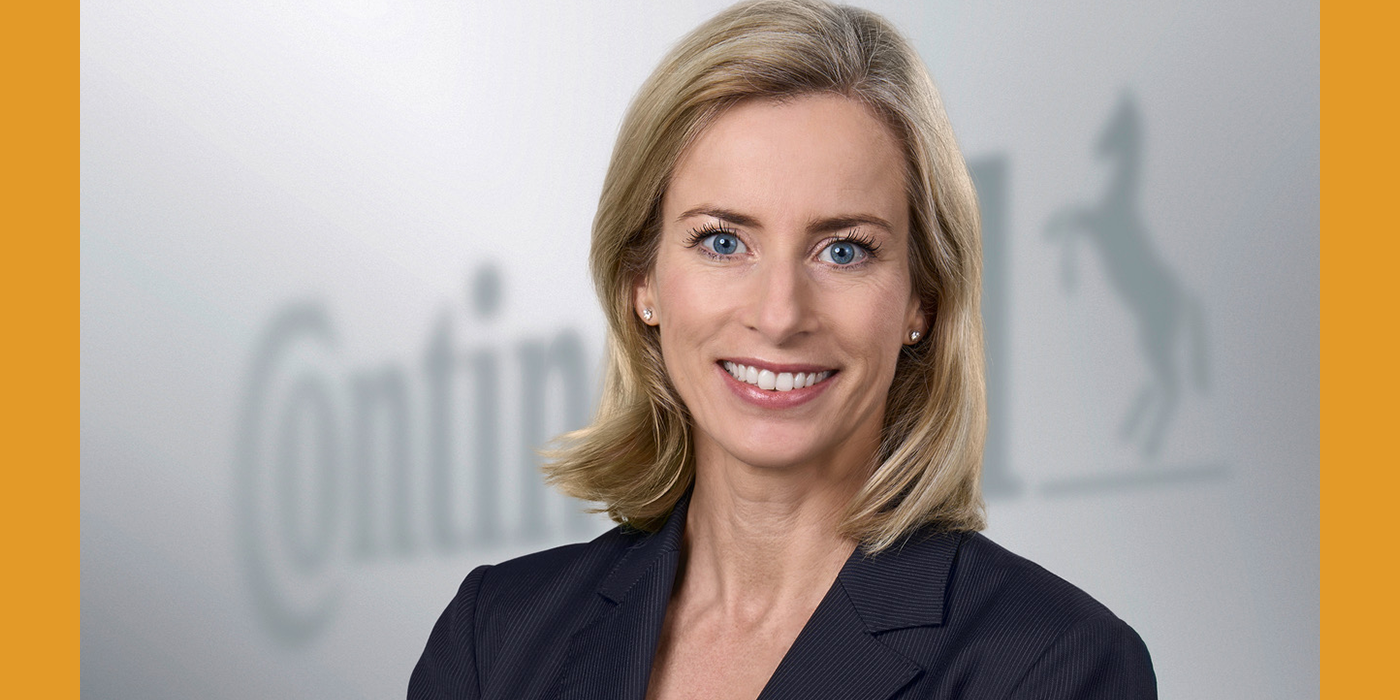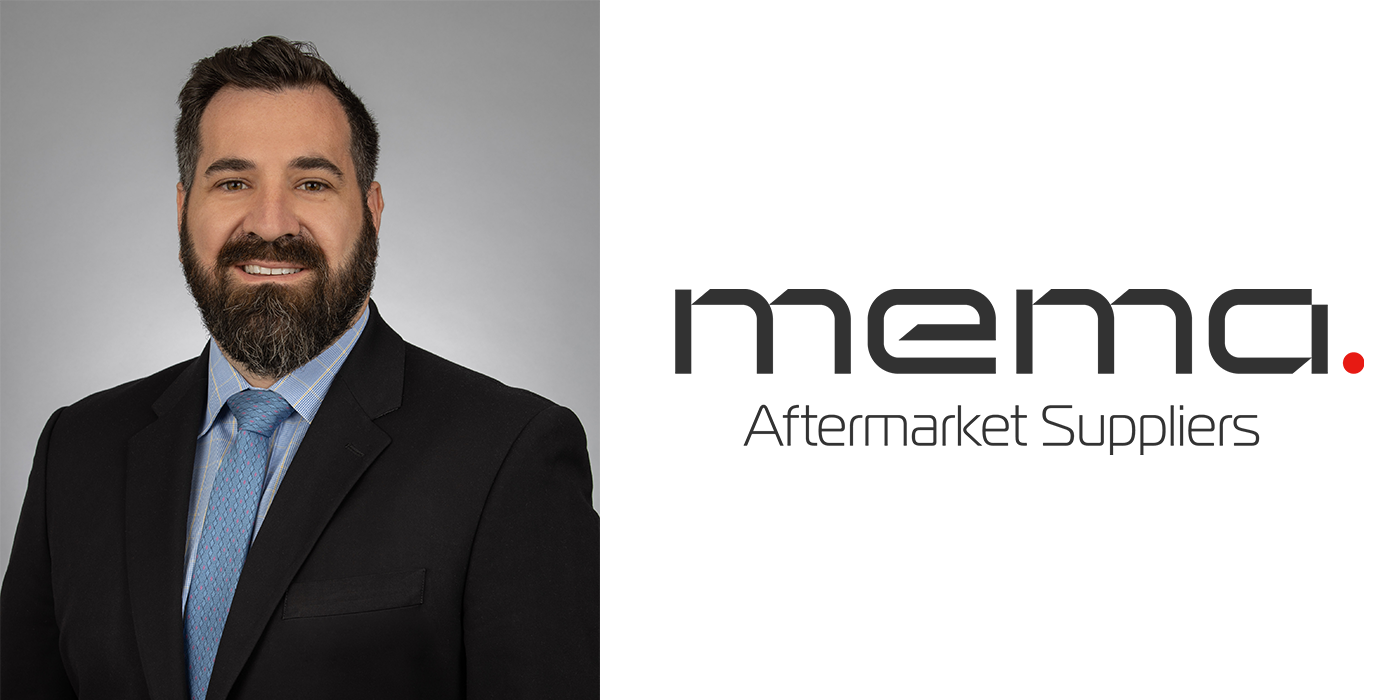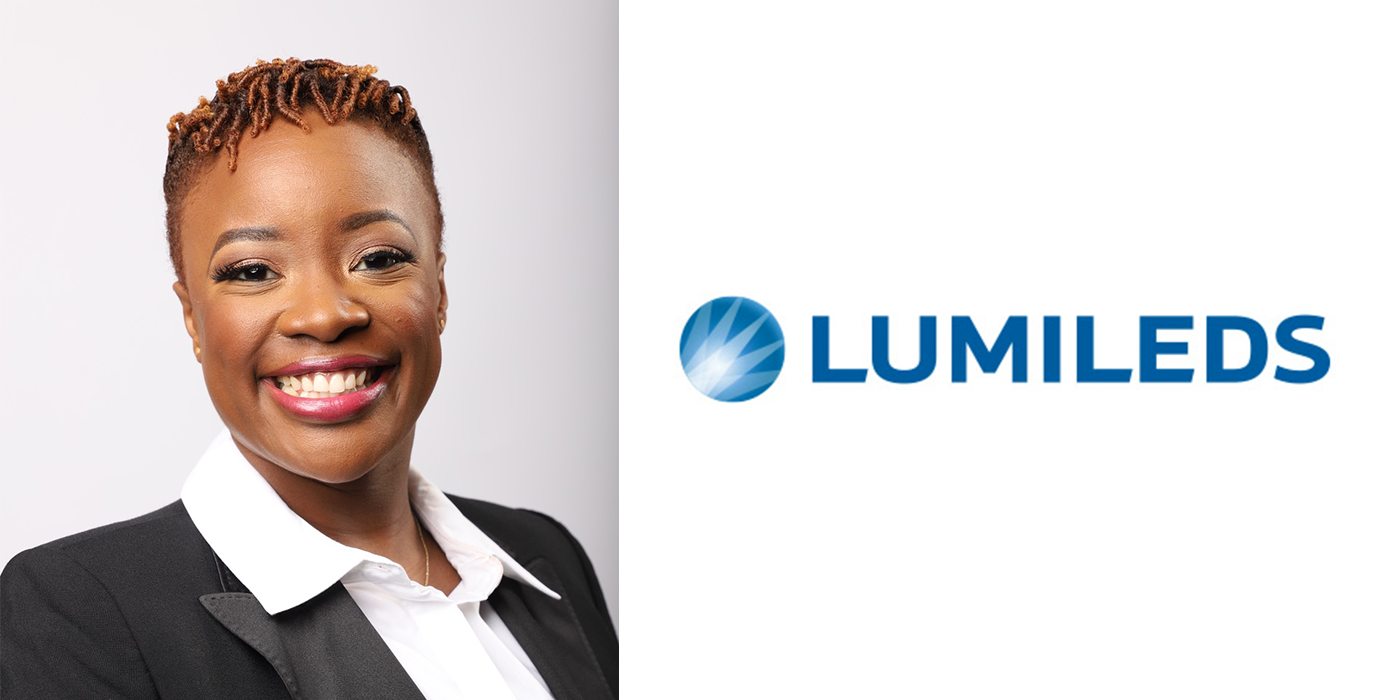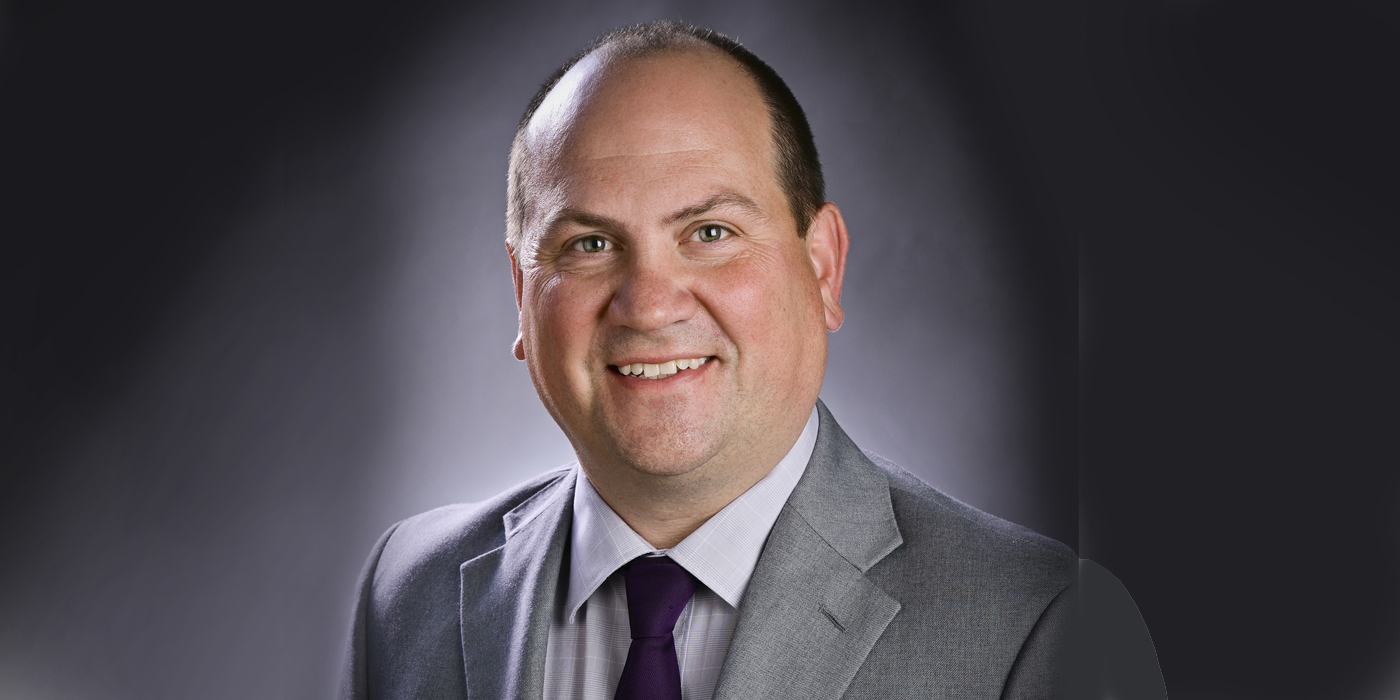In this exclusive Executive Interview, Butera talks about NUCAP’s growing  Vince Butera joined NUCAP Industries in October of 2006 and became CEO in 2009. Fifteen of his 30 years of experience in manufacturing leadership have been in the automotive field with responsibilities in Asia, Europe and North America. A native of Toronto, he obtained his MBA from the Schulich School of Business and his undergraduate studies in engineering where completed at the University of Waterloo. He is a member of SAE and SPE.
Vince Butera joined NUCAP Industries in October of 2006 and became CEO in 2009. Fifteen of his 30 years of experience in manufacturing leadership have been in the automotive field with responsibilities in Asia, Europe and North America. A native of Toronto, he obtained his MBA from the Schulich School of Business and his undergraduate studies in engineering where completed at the University of Waterloo. He is a member of SAE and SPE.
For those AMN readers who may be unfamiliar with NUCAP, could you please give us a brief history and overview of the company?
While NUCAP was founded in 1994, our heritage goes back more than 35 years, when our owner, Ray Arbesman, developed a unique proposition for the supply of brake backing plates to aftermarket friction companies. He found a way to take inefficiency out of the supply chain by developing his own tooling, increasing speed to market on new plate references and offered supply to the whole friction industry. The previous supply model required each friction company to independently duplicate the investment; Ray’s model lowered cost, improved quality and improved service for the entire industry.
At NUCAP, the model has evolved. We still focus on providing efficiency for the friction companies, but we also supply value-added products that increase safety, enhance durability, minimize NVH (noise, vibration, harshness) and provide a better manufacturing solution for friction suppliers. At NUCAP, we leverage two unique assets to enhance our value-added proposition. First, we aggressively search for new technologies to improve braking system performance, which results in the introduction of products like our NRS mechanical attachment system, NU-LOK floating shims and NU-LOK Piston Cushions. Second, we have expanded into all components of disc-braking systems, with the exception of friction formulas. Our holistic approach allows us to understand and manufacture systems that work together to enhance braking system safety and performance.
Our vision has led us to where we are today: the industry leader in brake friction manufacturing solution development. Through internal growth, acquisitions and the development of our state-of-the-art R&D facility, NUCAP now provides its customer partners with an unmatched product portfolio. We offer one-stop shopping for our customer partners on more than 20,000 references, covering more than 95 percent of global applications.
It was recently announced that NUCAP received accreditation from the Standards Council of Canada approving NUCAP’s R&D facility as capable of testing and reporting measurements to international standards. What does this mean for your business and the company’s reputation as a brake product supplier?
We are very proud of our R&D facility. The ISO/IEC17025 accreditation, along with our General Motors GMW 14591 certification, gives us good reason to be. We built our R&D facility because we understand that testing is vital in our business to ensure that we provide safe, quiet and durable products to our customer partners. As NUCAP continues to grow its global presence in the automotive industry, it is extremely beneficial to have this internationally recognized accreditation. This accreditation assures our customer partners that the test data we provide is being gathered and reported to the highest of standards.
Does this make NUCAP eligible to provide testing as a third-party provider or only for your own corporate use?
Our R&D lab is eligible as a third-party tester, and we are currently performing testing for many organizations. Partnering with LINK testing along with the recent ISO/IEC17025 accreditation will further enhance the ability of NUCAP to perform even more third-party testing. While we are very interested in third-party opportunities, the main goal of our R&D facility is to perform testing for our own customer partners and for our own product development. The strength of our R&D lab is to work with our partners to find better solutions for brake safety, NVH and durability. We find that we have a better return on our investment when we can use this facility to create products like our NRS mechanical attachment system for friction. The team in our R&D lab contributed in the development and validation of our NRS mechanical attachment system to enhance the bond of the friction formula to the backing plate. The NRS system was a braking technology breakthrough as it provides longer brake life, enhanced safety, produces less brake noise, lowers the environment impact during friction application and provides reduced cost for the friction plant by increasing efficiency.
Late in 2009, NUCAP acquired Anstro Manufacturing, a Tier Two supplier of products for disc brakes. What does this acquisition bring to the table for NUCAP? Does it expand your business beyond its current product portfolio?
The acquisition of Anstro was instrumental for NUCAP to become a complete provider of manufacturing solutions to our customer partners. Although NUCAP had previously been manufacturing brake components, the addition of the Anstro team instantly made NUCAP the industry leader. In addition, with Anstro being a key supplier in the North American brake hardware market, the acquisition provided NUCAP with a broad scale entry into the category we had been seeking for quite some time.
As far as future expansion to our current product portfolio, the NUCAP/Anstro team has a very innovative culture that will generate new products that provide braking system solutions. This is already evident with innovations like our MST molded shim technology, our OE focused Quiet Clip brake hardware design, and in the exclusive shim material constructions we have helped develop. The Anstro team is currently working on some exciting hardware technologies surrounding commercial vehicle air disc platforms and aftermarket products that will improve fuel mileage and enhance brake life by reducing pad drag.
What kinds of changes do you see taking place in the braking products industry today? What does the future hold for this critical and competitive market segment, in your opinion?
Of course, we could talk about globalization, commodity prices or legislative policies here, but the most important change is the path of innovation. We see the market proceeding down two distinct paths. The first is the easier path of using existing technologies to produce products that perform to the current market expectations. The second is to innovate continuously to raise the expectations of how braking products perform. This second path is not for the short-sighted, as it can take years to develop products that can significantly raise the bar, but at NUCAP we feel that we have an obligation to do this.
In terms of the future, we feel that the companies that choose the path of innovation will have a significant market advantage because their products will provide better long-term value. NUCAP is one of these companies.
What issues today do you see as the biggest challenges in brake safety — is it the quality and manufacturing processes, for example, or is it consumer awareness of appropriate brake replacement intervals, warning signs and what a quality brake job should cost? Perhaps a little of both?
Both. On the demand side, if end-user consumers are seeking brake replacement services at unreasonably low cost (potentially due to price pointed marketing efforts within the industry), the provider of the service will need to cut expenses at the labor, profit and/or materials level to retain the business. This is not a healthy situation for our industry as we need skilled technicians, healthy repair service businesses and, most importantly, we need to keep end-users safe by providing quality products.
On the supply side, there are many products that are manufactured to the highest standard. Unfortunately, there are also products not manufactured to this standard and potentially not as safe. With absence of a North American safety standard for friction products, it is very difficult for the distribution channel and consumers to differentiate among available products. As mentioned earlier, this is why we have invested so heavily in our R&D lab, and we work with our customer partners to ensure that together we are supplying products that are produced to the highest standard.
How has globalization impacted the manufacturing and marketing of brake products today, in your opinion?
At its core, the globalization of North American brake products is a cost-driven decision, as the majority of production has moved to emerging markets. As the supply chain receives pricing pressure at all levels, it is natural to look for ways to respond to those pressures in a manner that maintains profitability.
In terms of manufacturing, what concerns NUCAP is when these cost-driven reactions result in the delivery of braking products that do not meet customer expectations in terms of quality, performance and safety. NUCAP is a global company, with operations in North America, Europe and Asia, which support the global manufacturing base of our aftermarket and OE customer partners. This provides them with access to uncompromising products that meet our global quality specifications, no matter where they are producing product.
On the marketing side, globalization as it relates to cost savings has an inherent risk to product innovation. It is important that brake component manufacturer, as an industry, continue to work to improve braking products better in terms of safety, performance and NVH. These innovations will give our customer partners true product differentiation, which will help mitigate some of their pricing pressures.

